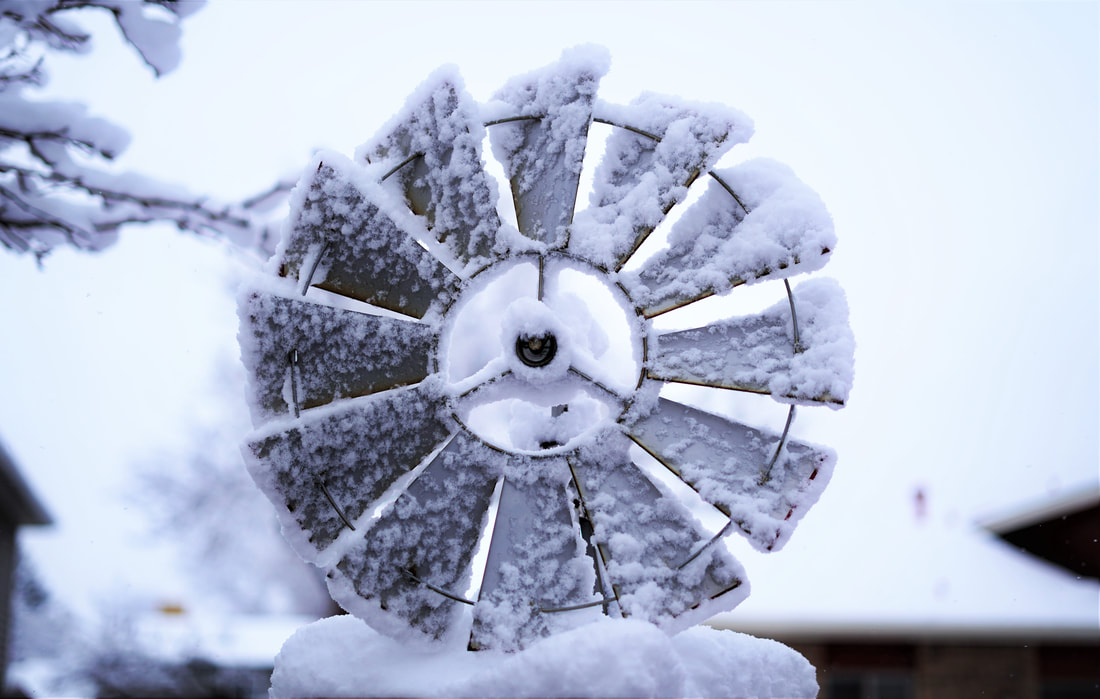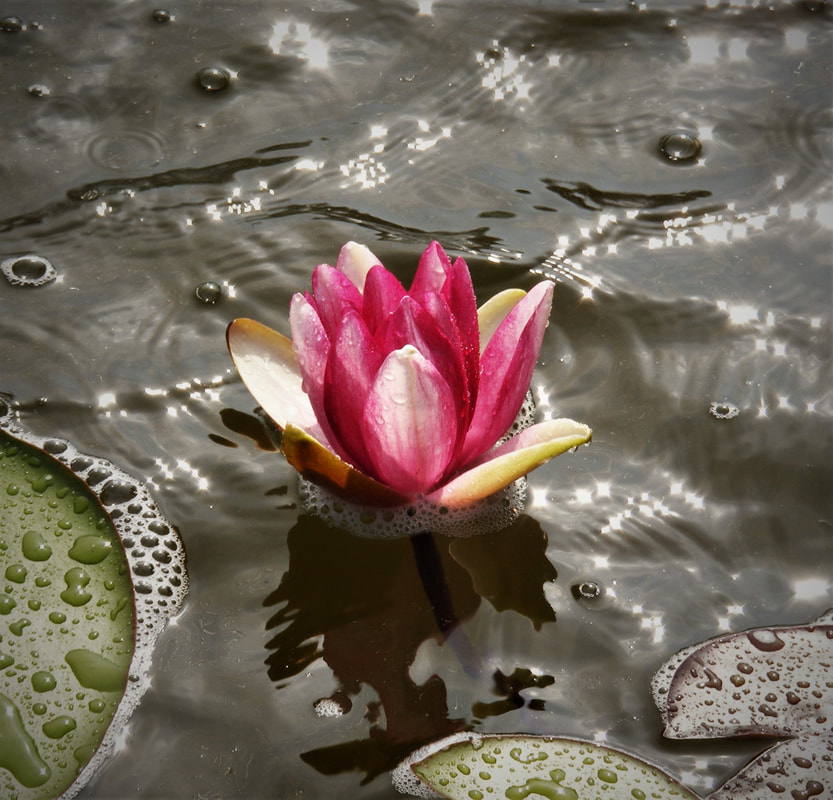AuthorS
Dr. Mike Obsatz, Professor Emeritus at Macalester College Archives
January 2023
Categories |
Back to Blog
Beyond "White Male Privilege"3/23/2021 All White Men Are Not the SameEvery time I see all white men lumped together, it makes me sad. I have known thousands of white men over my almost 80 years on this planet. They have been co-workers, fathers, teachers, students, mentees, relatives, sons, community members, doctors, lawyers, judges, carpenters, plumbers, politicians, farmers, artists, barbers, executives and more. They have ranged in age from 16 to 95. Some have wealth. Others are poor. Many are in between.
There are men in all age groups -- adolescents, young adults, mid-lifers, seniors, elderly. There are men who are living fully, and men who are dying. There are men with families and children. There are men who have lived alone all of their lives. Beyond the label "white male," come a variety of distinctions. There are men who are of minority religions. Not all Jewish white men are the same. They may come from Orthodox, Conservative,or Reform backgrounds. They may have differing beliefs and values. There are also gay, bi-sexual and transgender white men. Some of these have been severely oppressed. There are men with illnesses and disabilities. There are men with status and power. There are men with low status and no power. There are men with deformities, men with cancer and other diseases. There are white men who live in castles and white men who are homeless and starving. Some of the sub-categories consist of lifestyle issues. Some men have been mercilessly bullied as children and adolescents. There are many men who have abused, harassed, abandoned and beaten. There are men from different regions of the country. And there are men who have gone through many losses -- loss of spouses, children, jobs, health, power, income, relatives. There are men who continuously grieve their losses. There are men who don't know how to openly grieve. There are athletic men and clumsy, uncoordinated men. There are handsome men and not-so-handsome men. There are thin men and overweight men. There are men of varying abilities and intellectual capabilities. There are men who are compassionate, and men who are not. There are lovers, and there are haters. Many men have been programmed to be tough, macho, independent, and stoic. Some men belong to groups, and others are isolated. Some men have feelings of worthiness, and others do not. Spiritually, we have a wide range of men who experience spiritual connectedness and many who have none. We can find selfish white men and generous white men. There are white men who are in touch with many of their feelings, and other white men who do not have a clue. So -- this is the just the beginning of looking at the complexity of one group which is often described as all alike -- and all benefiting from White Male Privilege. White men are as different as snowflakes (which are white). Be careful when you talk about White Male Privilege because it is not as obvious as it may seem. Many white men have been oppressed by other white men. Many white men know the fear and terror of being hunted and tortured. Some white men have been killed by other men. Some oppressed men oppress others. Some men who appear to "have it all" really deep inside hate themsevles and hate their lives. The complexity goes on and on. It is sexist to lump all white men together. It is naive, simplistic, and also racist.
2 Comments
Read More
Back to Blog
Navigating Our Many Worlds3/16/2021 We are amazingly adaptive and complex creatures. By the time we are old, we have navigated through many different worlds.
THE WORLD OF ME -- Who am I? We have personalities, temperaments and ways of being. Every person is unique, and part of maturing is discovering who one is and what he or she needs. We also change our views, attitudes, beliefs, and behaviors as we age. THE FAMILY WORLD -- Where do I fit? We are born into a family. To survive and thrive in that family, we act in certain ways, trying to fit in and be safe. We are scripted into roles, and we play with them all of our lives. Some roles we learn to play in our family might be: The smart one The quiet one The clown The rescuer of the family The mediator, go-between The one who messes up The passive one The good listener The therapist THE SCHOOL/PEER WORLD -- How do I cope with others and organizational demands? We then join the peer world, the world of children and school. We learn to play the school game, fit in, and get along. We found our group, or niche, if we are lucky. We learn to play a part in that group. We learn the student role, and the friend role. THE PARTNER WORLD -- How do I maintain my own integrity and still adapt to my partner? Eventually, we may find a romantic partner. We play the boyfriend or girlfriend role, This world changes as we age, and we adjust and adapt to expectations. And we learn to relate to our partner's family. THE PARENT WORLD -- What skills are needed to raise this child? When we have children, we join the parent world. Making decisions daily that affect a smaller, helpless being. THE GRANDPARENT WORLD -- How involved do I become? When our children grow up, and have children of their own, we learn to navigate the grandparent role. What are rules, boundaries, and limits? THE WORK WORLD -- How can I be productive, make a living, and get along with others? We start working in young adulthood, and have to adjust to bosses, co-workers, workplace etiquette and rules. If we change careers and jobs, we must adjust to new roles and people. There are often new skills to learn. THE ADULT FRIEND WORLD -- Who are my people? Who we befriend determines how we relate, connect, and act. We develop social groups, hobbies, and past-times which often have guidelines and practices of their own. It is a time of discovery of what one loves to do in one's spare time. THE COMMUNITY MEMBER WORLD -- What is my social and political responsibility? We can become socially and politically active in our communities. As a result, we are thrust into a variety of environments. We develop social values and live them out. We are part of a neighborhood. When we move geographically, we have to start over making new connections, and learning how to fit in. THE SPIRITUAL WORLD -- What is my relationship to the Divine? We join religious groups and institutions, and develop our spiritual lives. We connect with different people from different backgrounds, races, ages and social classes. We develop spiritual practices which provide amounts of comfort and support. We explore questions like "What does my life mean?" THE ELDER WORLD -- How do I grow old and still maintain my sense of identity and worth? As we age, we may retire from work. We grow older, and develop various health issues. We often become medical patients, and generally have to deal with changes in our bodies, hormone levels, and energy levels. Eventually, we decline, and finally die. Many people do not give themselves enough credit for navigating all of these worlds, and adjusting to a wide variety of roles and expectations. |
 RSS Feed
RSS Feed

